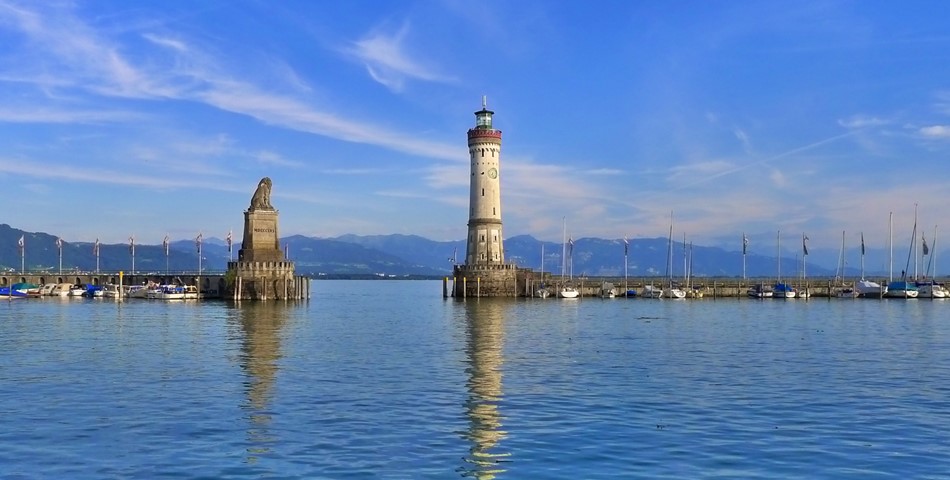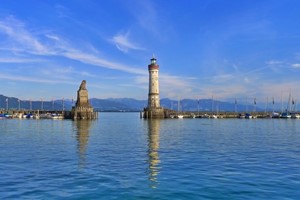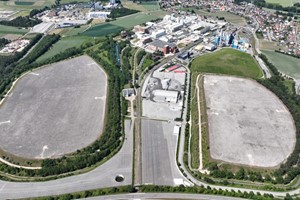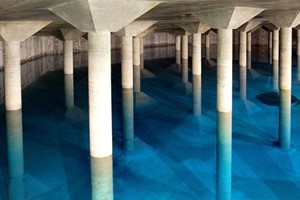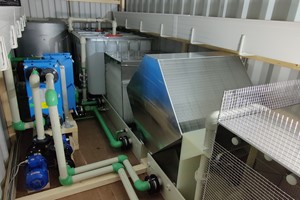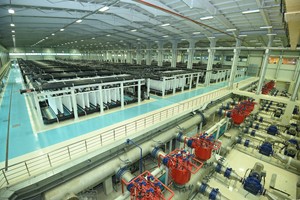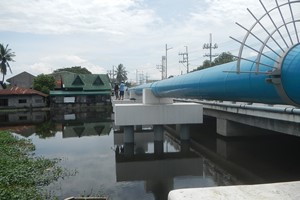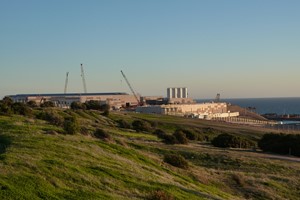In the long run and compared to other countries, German suppliers of water technology have great opportunities on the global market if they put an emphasis on integrated systems solutions. According to the United Nations' goals for sustainable development, the proportion of the global population who has access to sustainable water and sanitary systems must be significantly increased in the long term. Here, technologies for wastewater re-use are playing an important role.
But a market for sustainable water demand solutions is not only unfolding in developing and emerging countries but also in Europe. Increasing urbanization, demographic change, global climate change and rising prices for energy are calling for adjustments of the outdated and barely flexible water infrastructures if the water quality is to be sustained. It will therefore be essential to develop systems solutions within the water sector that are tailor-made for specific needs.


The concept of integrated system solutions goes beyond the conventional combination of single components: With the aim of an eco-friendly supply of water they are adapted to the respective utilization needs, social situations and ecological conditions in a flexible manner. Thus, drinking water is not used for all purposes but for various needs different qualities of treated water will be supplied. For example, hotel complexes: Here, grey water from the showers can be used for garden irrigation. Solar-powered membrane filters can elsewhere produce perfect drinking water. Thus, at the same time agriculturally useful fertilizing nutrients can be regained.
Integrated systems solutions do not just have a considerable technical potential to tackle global challenges in the field of water demand and water quality. "They can strengthen the position of German companies on the global market," says Engelbert Schramm, water researcher at ISOE - Institute for Social-Ecological Research. "Although French, British and US-American companies are considered to be leaders in the water sector, there are great export potentials for German companies in the technological field of water use sufficiency as an important aspect of sustainability as well as in the area of water distribution and sewage systems. This requires a systemic understanding of the technology which has to be included in any considerations concerning innovation and management strategies. Social, political, and economic frameworks also have to be rethought and adapted. "For German foreign trade, changes of the present governance structures are advisable", says water researcher Schramm. "Similar to energy politics where the basis for changes was the German Renewable Energies Sources Act, political regulations have to provide orientation and planning security for a water transition."




